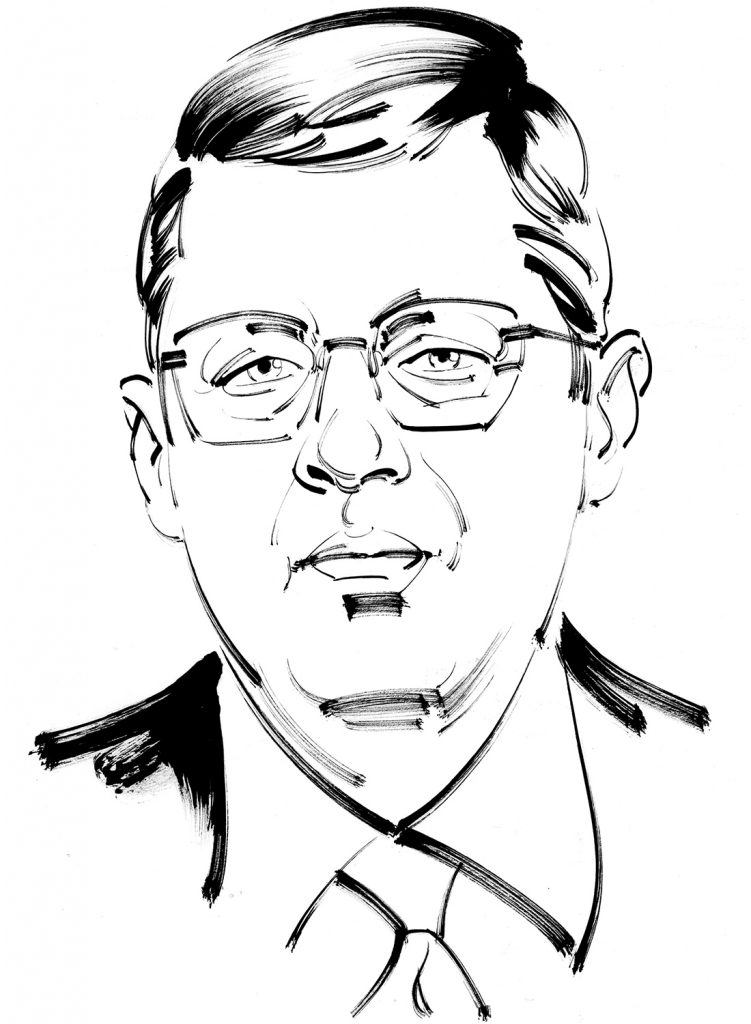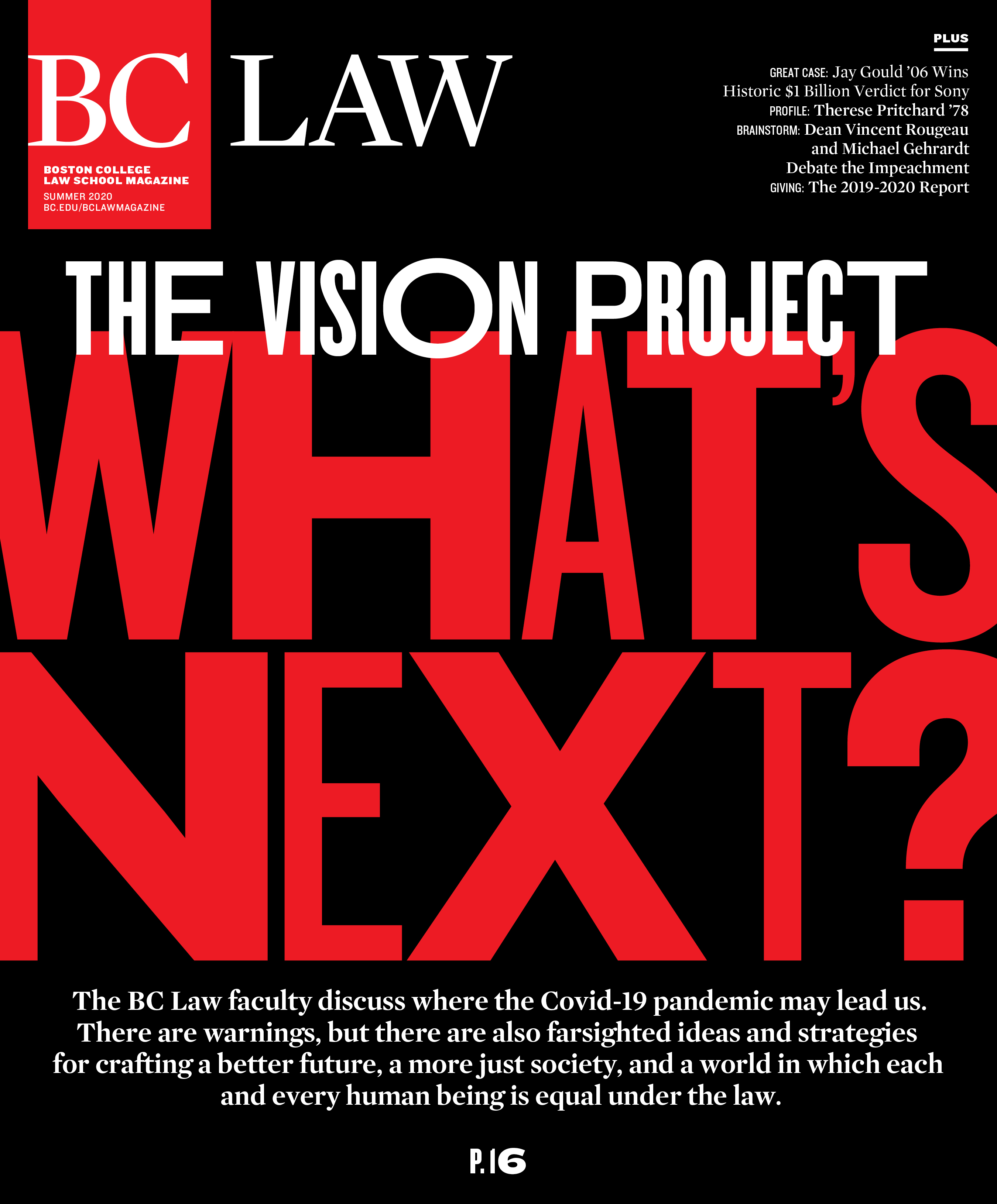Professor Thomas Kohler is Concurrent Professor of Law and Philosophy at Boston College and a labor and employment law scholar.
What has the coronavirus pandemic revealed about problems in our employment policy? Social solidarity, or the lack thereof, is the biggest problem in the United States. It’s reflected in practice and policy. One example is our weak workplace safety protections. The Occupational Safety and Health Act was passed in 1970, but we’ve devoted few resources to its enforcement. Notably, it provides for enforcement by unions, who were supposed to call safety issues to the attention of employers and authorities. But the influence of unions has diminished.
The pandemic has also revealed how much the workplace has changed. Many people now perform so-called precarious work, driving for “ride sharing services,” food or package delivery services, for example. These workers, often minorities or recent immigrants, are vital to such companies’ business models, but they often are treated as independent contractors, not employees. As such, they work without the guarantee of a steady income, a living wage, health care benefits, or union representation. Worker safety laws don’t apply to them, and they often risk their jobs if they raise complaints.
Finally, the fact that the emergency unemployment funds that we are now providing are often more generous than regular wages points to our tremendous problem with income distribution.
How do these problems affect the way people experience their daily existence? People feel they lack control over their lives. I think of Roosevelt’s four freedoms: freedom of speech, freedom of worship, freedom from want, and freedom from fear. For many people, those freedoms don’t exist.
Of course, societies worldwide are facing all sorts of difficulties, but those with a stronger social system have less anxiety, and put their weaker members at far less risk, including existential risk.
How could an employment law regime provide a better life for workers? For employees to have a voice, to have self-determination in how their work is done, they need an organized structure. Collective bargaining was and remains an extremely effective way to do this. Unions have also represented working people, union members or not, in Congress and in state legislatures. I would make joining unions easier.
I’d also like to see a state that guarantees enough of a social structure so that people have effective freedom as opposed to formal freedoms. We need a system that supplies basic needs for everybody, like health care and post-secondary education and also the chance to find meaningful work.
I would institute unfair-discharge protections for all employees—we’re the only advanced economy without this basic safeguard.
In addition, everyone should have access to health care, with no one getting inferior treatment. And everyone should stand equal before the law. That would include stopping large institutions when they try to foreclose people, through mandatory arbitration, from having access to the courts.
I think these conversations are beginning and academics can help shape them, though, of course, not lead them. It’s going to require that we all work together.
To read other pieces in this issue’s The Vision Project, click here.



